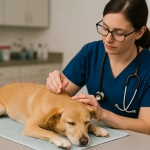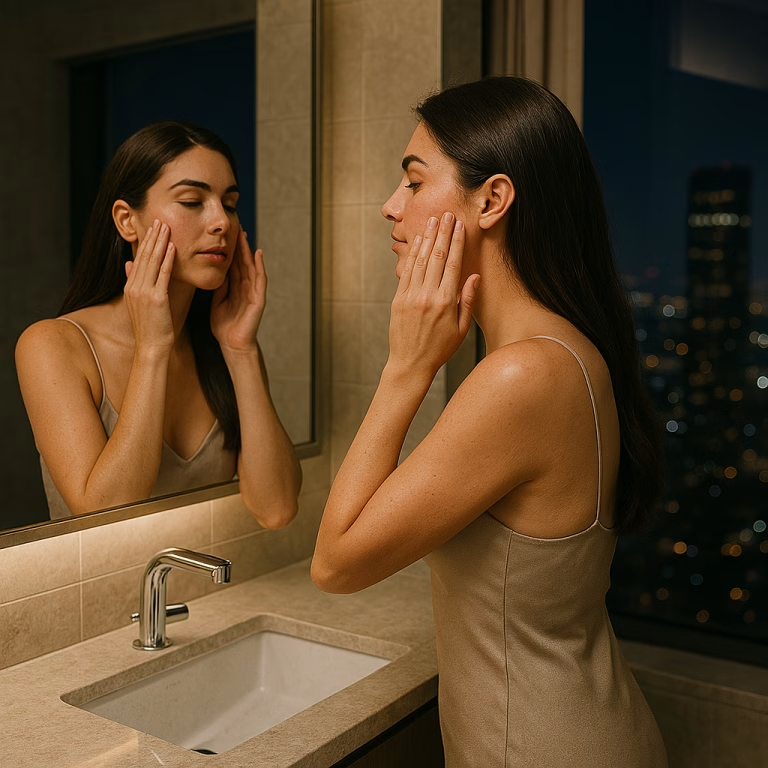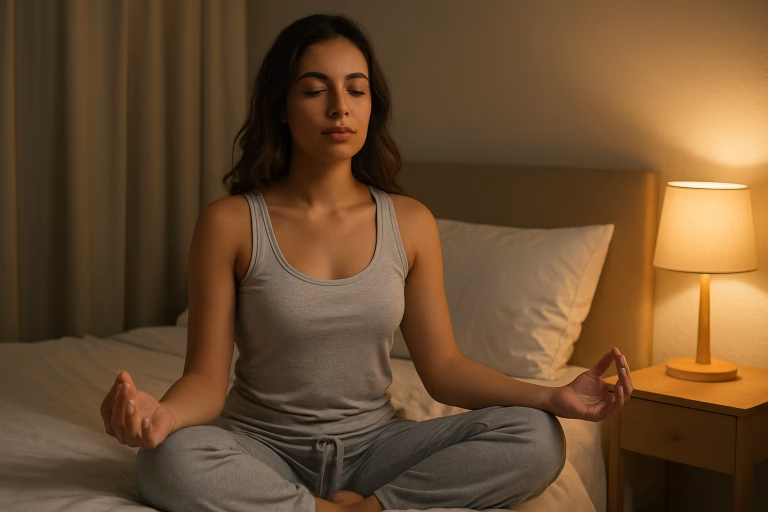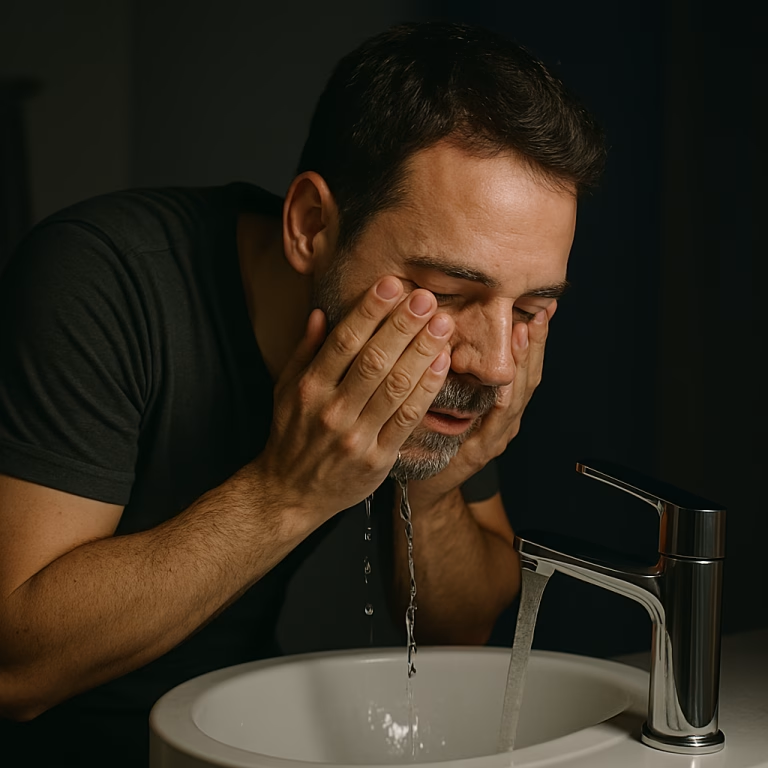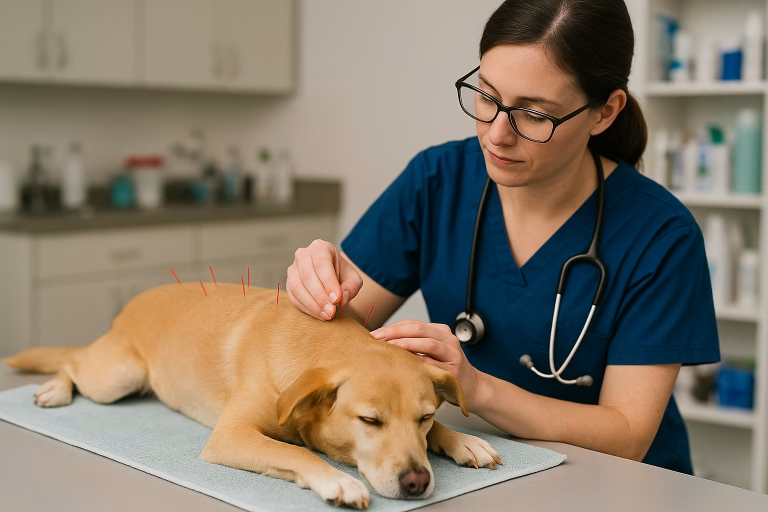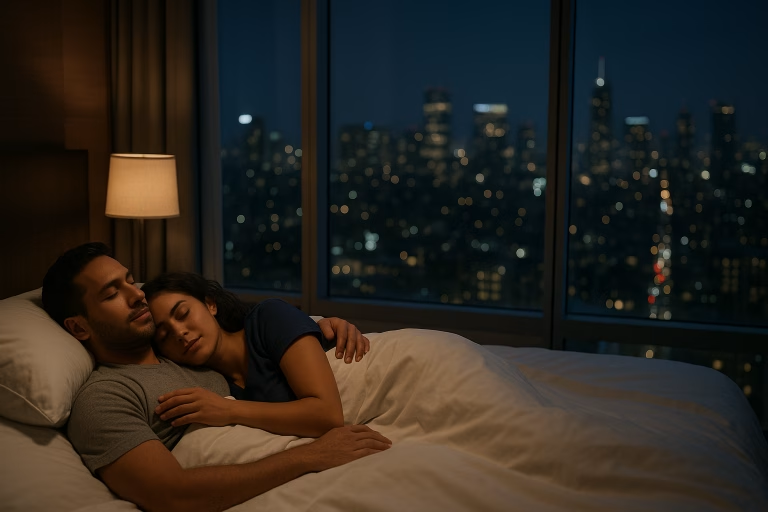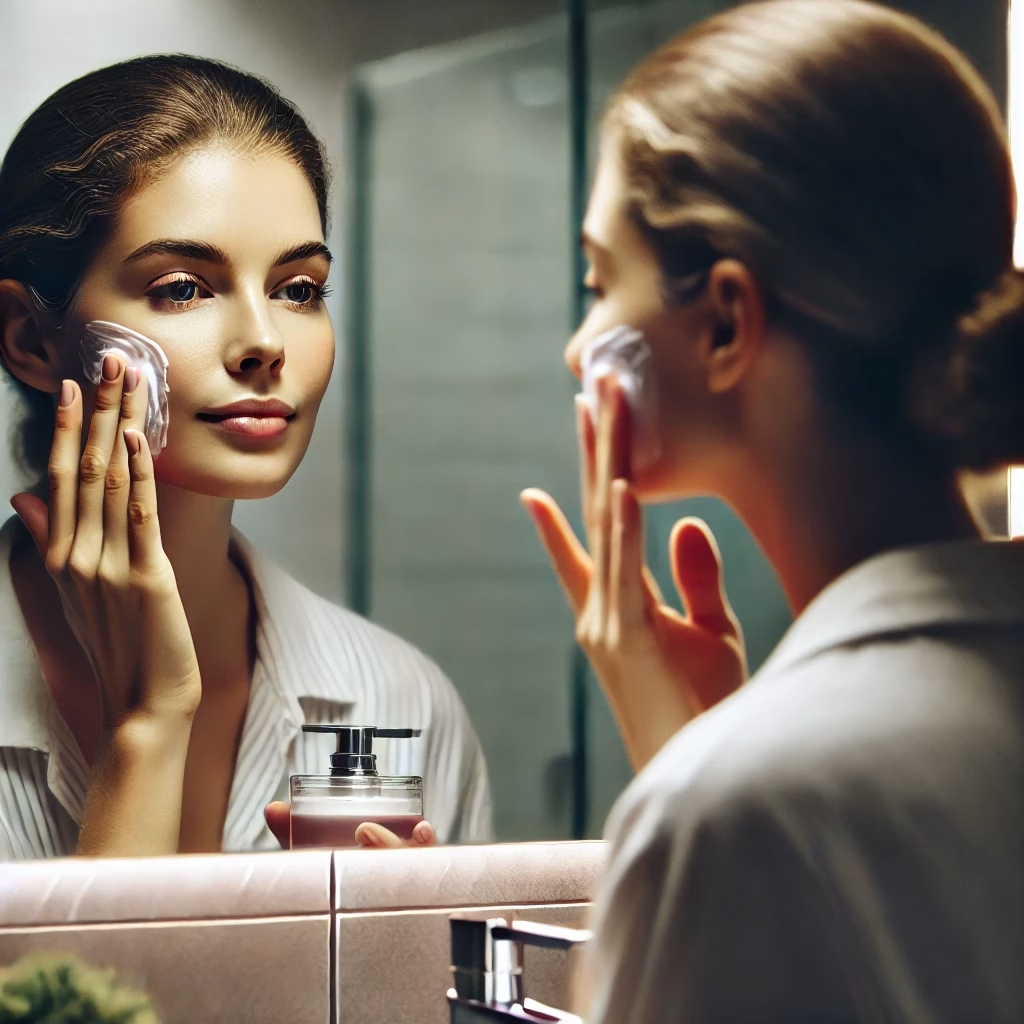
Acne remains one of the most common skin concerns, especially for Gen Z. Whether it’s hormonal changes, lifestyle factors, or stress, dealing with acne can feel overwhelming. Fortunately, there are a variety of acne treatments available that can help clear up your skin, but not all of them are effective. In this guide, we’ll walk you through the most popular acne treatments for Gen Z, including which ones are effective and which ones might actually be doing more harm than good.
What Causes Acne in Gen Z?
Understanding the root causes of acne can help you find the most effective treatment. Acne occurs when your hair follicles become clogged with oil, dead skin cells, and sometimes bacteria. These clogged pores lead to the formation of pimples, blackheads, and cysts.
For Gen Z, several factors contribute to acne:
- Hormonal Changes: Puberty, menstruation, and other hormonal fluctuations are often a major cause of acne during adolescence and young adulthood. This is why acne tends to be prevalent among teens and young adults in their 20s.
- Diet: Studies suggest that high glycemic foods like sugar and refined carbs can trigger acne. Additionally, some people may be sensitive to dairy, which may contribute to outbreaks.
- Stress: High levels of stress can cause the body to release more hormones like cortisol, which can increase oil production, leading to acne.
- Skincare Products: Not all skincare products are acne-friendly. Using products that are too harsh or not suited for your skin type can make acne worse by clogging pores or irritating the skin.
Effective Acne Treatments for Gen Z
If you’re ready to clear up your skin, these are the most effective acne treatments to consider. All of these treatments are backed by science and dermatologist recommendations.
1. Topical Retinoids
Retinoids, such as adapalene, are one of the most effective treatments for acne. Retinoids increase cell turnover and prevent clogged pores. While retinoids were once only available via prescription, adapalene is now available over-the-counter in products like Differin.
Why it works: Adapalene helps unclog pores and prevent future breakouts by accelerating the shedding of skin cells, while also reducing inflammation. It’s proven to be effective in treating both mild and moderate acne.
Best for: Preventing breakouts, unclogging pores, and reducing acne scars.
Recommended Products:
- Differin Gel (available over-the-counter)
- Retin-A (prescription-only for stronger treatments)
2. Benzoyl Peroxide
Benzoyl peroxide is a tried-and-tested acne treatment. It works by killing acne-causing bacteria and reducing inflammation. It also helps to unclog pores and can prevent acne from worsening.
Why it works: Benzoyl peroxide attacks the bacteria within your pores and helps dry out excess oil. It’s known to reduce the severity and frequency of breakouts, especially for moderate acne.
Best for: Treating inflamed acne, reducing pimples and cystic acne.
Recommended Products:
- Proactiv 3-Step Acne Treatment
- Clean & Clear Continuous Control Acne Cleanser
3. Salicylic Acid
Salicylic acid is a beta-hydroxy acid (BHA) that exfoliates the skin and helps to unclog pores. It is a key ingredient in many acne treatments and is commonly found in toners, cleansers, and spot treatments.
Why it works: Salicylic acid works by exfoliating the outer layers of skin, which helps clear dead skin cells and other debris that can clog pores. It’s great for blackheads and whiteheads.
Best for: Unclogging pores, treating blackheads and whiteheads.
Recommended Products:
- The Inkey List Salicylic Acid Cleanser
- Neutrogena Oil-Free Acne Wash
4. Azelaic Acid
Azelaic acid is an antimicrobial agent that helps kill bacteria in your pores, while also reducing the production of keratin (a protein in the skin that can block pores). It’s great for treating both acne and post-inflammatory hyperpigmentation (dark spots from old acne).
Why it works: Azelaic acid reduces the buildup of dead skin cells, helps to fade dark spots, and decreases inflammation, making it suitable for both acne and pigmentation issues.
Best for: Reducing acne and post-acne pigmentation.
Recommended Products:
- The Ordinary Azelaic Acid Suspension 10%
- Paula’s Choice 10% Azelaic Acid Booster
5. Hypochlorous Acid Sprays
Hypochlorous acid is a newer player in the acne treatment world, but it’s making a significant impact. It’s naturally produced by the body to fight infections, and when applied topically, it can reduce acne-causing bacteria.
Why it works: Hypochlorous acid has antibacterial and anti-inflammatory properties, which help reduce the redness, swelling, and infection associated with acne.
Best for: Sensitive skin, reducing inflammation, and preventing bacteria buildup.
Recommended Products:
- Tower 28 SOS Rescue Facial Spray
- Epionce Intense Defense Serum
6. LED Light Therapy
LED light therapy uses different wavelengths of light to treat acne. Blue light kills acne-causing bacteria, while red light reduces inflammation and speeds up healing.
Why it works: Blue light kills bacteria in the skin, while red light targets inflammation. This dual-action treatment is particularly useful for those who suffer from cystic acne.
Best for: Preventing acne, calming inflammation, and healing existing acne.
Recommended Products:
- Neutrogena Light Therapy Acne Mask
- Quasar MD Plus LED Light Therapy
Ineffective or Harmful Acne Treatments
Unfortunately, not all acne treatments are effective, and some can even make acne worse. Here are some treatments that Gen Z should avoid.
1. Overusing Skincare Products
Using too many acne products can irritate your skin, leading to dryness, redness, and sometimes more breakouts. Overuse of treatments like benzoyl peroxide or salicylic acid can strip the skin of its natural oils, leaving it vulnerable.
Why it doesn’t work: Overusing products can cause a barrier breakdown, leading to increased irritation and worsening of acne.
2. Popping Pimples
It can be tempting to pop pimples, but doing so can push bacteria deeper into the skin, which can lead to further inflammation and scarring.
Why it doesn’t work: Popping pimples can cause permanent scarring and make the pimple worse.
3. Harsh Scrubs
Scrubbing your face with harsh exfoliants or physical scrubs can lead to microtears in your skin, causing irritation and worsening acne.
Why it doesn’t work: Harsh exfoliants can inflame the skin, leading to more breakouts and even scarring.
4. Skipping Sunscreen
Acne treatments, particularly those that contain retinoids or acids, can make your skin more sensitive to the sun. Failing to use sunscreen can cause hyperpigmentation and increase your risk of sun damage.
Why it doesn’t work: Sun exposure can worsen acne scars and pigmentation, causing long-term damage.
Conclusion
Finding the best acne treatment for your skin can be a challenge, but it’s worth the effort. By focusing on proven, dermatologist-recommended treatments like topical retinoids, benzoyl peroxide, salicylic acid, and azelaic acid, Gen Z can effectively manage acne. However, it’s essential to avoid harmful practices like overusing skincare products, popping pimples, and skipping sun protection.
For persistent acne, consider consulting with a dermatologist to tailor a treatment plan suited to your skin’s unique needs. With the right approach, clear skin is within reach!


